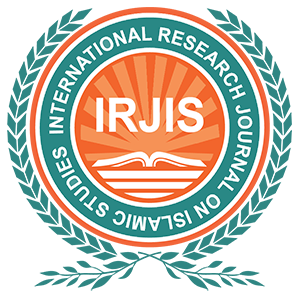Abstract
The time of Hazrat Omar Farooq was an exceptional and groundbreaking period in the development of Islam. Hazrat Omar’s administration and justice phrase is unavoidable for historians and scholars. As a brilliant monarch, he established offices for all departments, expanded Haram and Masjid-e-Nabawi, and improved Bait-ul-Mal. The canal of Maqil, the canal of Saad, the recruitment of the judicial section and magistrates, the acquisition of the title of Amir al-Momineen (something no one had done before him), census, new cities and provinces, taxes and levies, military traders’ trading licence, night patrols. His justice is straightforward. Bribery, perjury, favoritism, and dishonesty were unknown. The caliph himself had to testify. Due to his personality, he spread Islam well. He exemplified justice and fairness as Khilafah. He established postal police and others. Hazrat Umar Farooq is the outstanding figure of Islam whose insightful contributions to Islam, fortitude and bravery, judgments based on justice, victories, and wonderful actions have enlivened Islam. Human history cannot demonstrate them. The caliphate of Umar Ibn al-Khattab survived because of this method of rule. His leadership is still cited. The caliphate of Omar (RA) is a model for contemporary rulers because of his unique combination of spirituality and justice.
Keywords: Reforms, Institutional building, Hazrat Umar RA, Impact, Muslim Community

